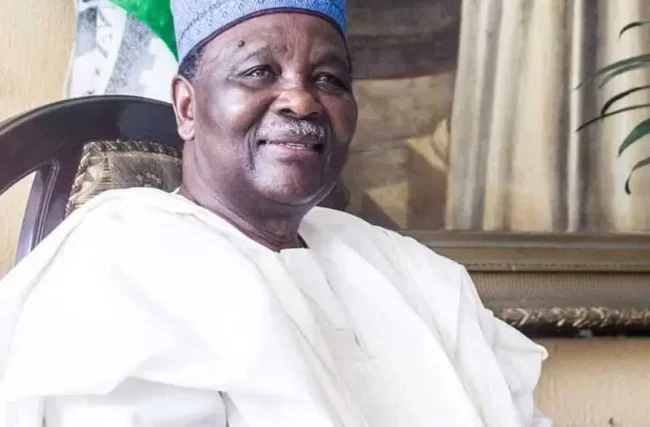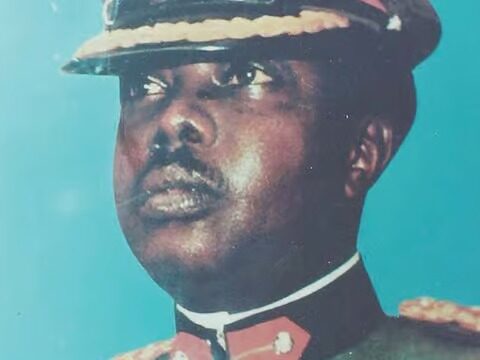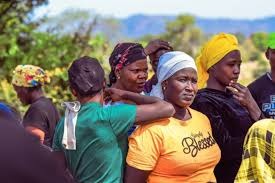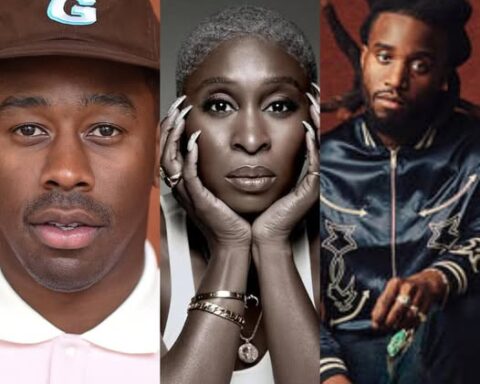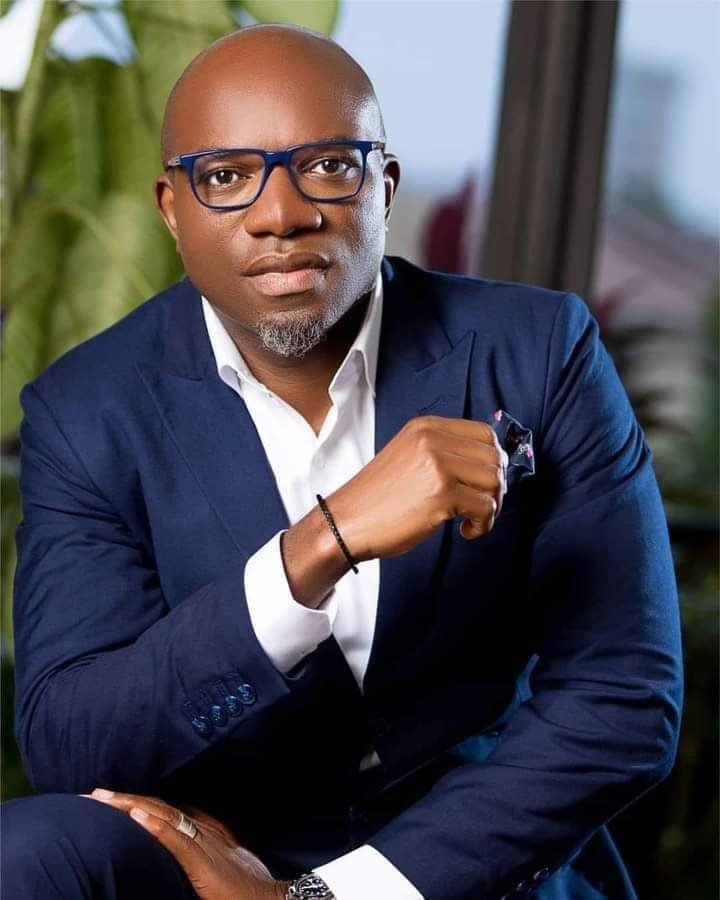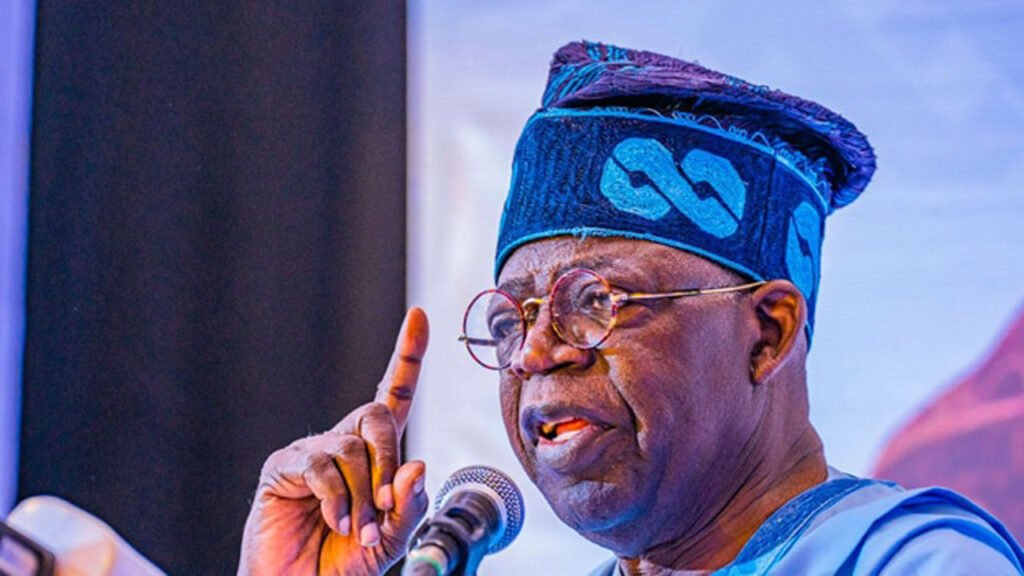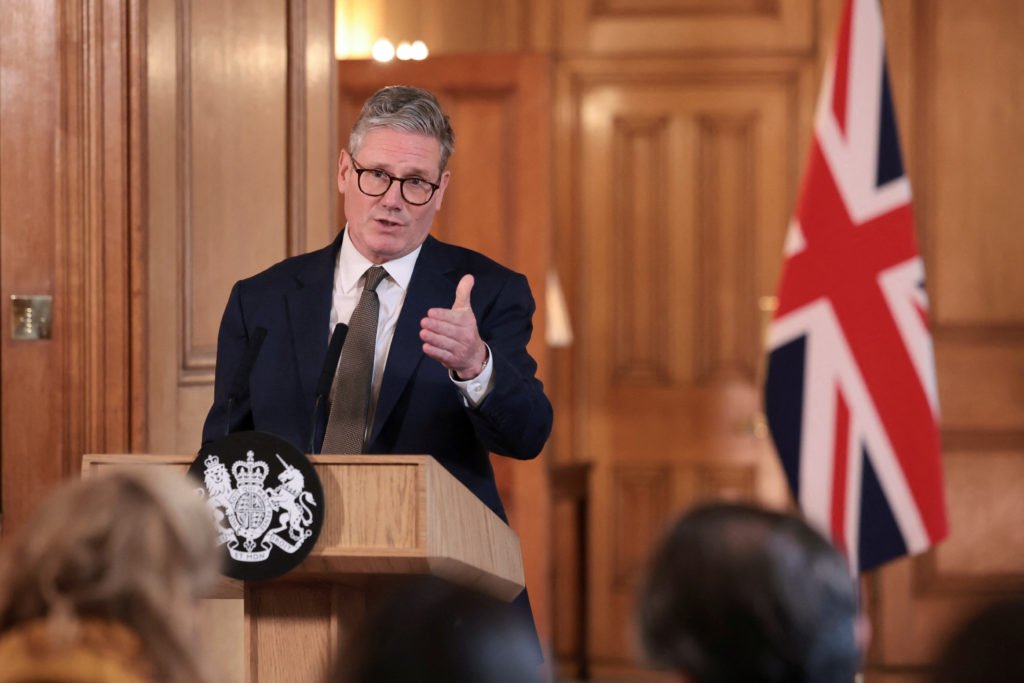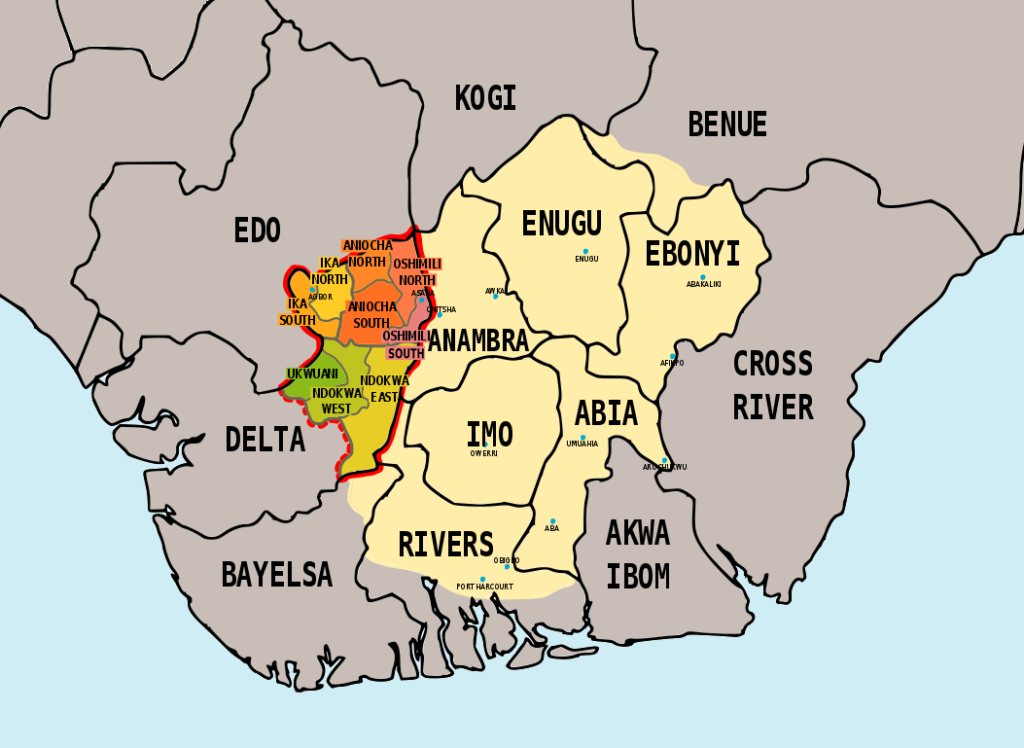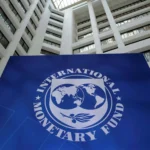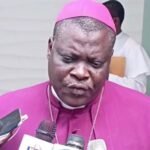By ADEMOLA TIJANI
Yesterday, Saturday, October 19, General Yakubu Gowon, Nigeria’s former Head of State clocked 90 years on Mother Earth. And as many celebrated (still celebrating) the milestone with him, the country is once again reminded of his crucial role in shaping the modern Nigerian state. Revered for his leadership during the tumultuous Civil War years and celebrated for his efforts to rebuild a fractured nation, Gowon’s legacy as a unifying force remains deeply ingrained in the nation’s history. But as Nigeria continues to grapple with economic struggles, security challenges, and deepening ethnic divides, the question arises—has Nigeria truly embraced the lessons of Gowon’s leadership?
Reflecting on Gowon’s legacy, President Bola Ahmed Tinubu lauded him as “the glue that held the country together at a time when it could have splintered beyond repair,” a sentiment echoed by many political leaders and historians. Under Gowon’s leadership, Nigeria survived its most perilous era—the 1967–1970 Biafran War—a time when the country teetered on the brink of disintegration. Yet, while his stewardship through the war remains his defining legacy, his post-war efforts to rebuild, notably through the “No victor, no vanquished” policy and the creation of the National Youth Service Corps (NYSC), are seen as visionary acts that sought to foster unity and national healing.
The statesman’s 90th birthday has sparked an outpouring of tributes, not only for his wartime leadership but for his post-office humility and dedication to peace. Vice President Kashim Shettima, speaking at an Abuja event honoring Gowon, noted, “In an age where political leaders cling to power at all costs, General Gowon remains a shining example of a leader who stepped aside willingly, prioritizing the stability of his nation over personal ambitions.”
However, the tributes were not without undertones of criticism from those who feel Nigeria, in its current state, has failed to fully realize the dreams of unity and development that Gowon once fought to achieve. As ethnic tensions and regional rivalries continue to simmer, critics argue that the vision Gowon set for a united, inclusive Nigeria remains unfulfilled. His bold efforts to decentralize power through state creation and his introduction of a national development plan were seen as early attempts to foster equity and balanced growth. Yet, decades later, many lament the country’s reliance on oil revenue, poor governance, and the widening gap between the rich and poor.
Gowon, often described as a “reluctant soldier” with a heart for peace, also stands as a testament to the moral values sorely needed in today’s politics. Since leaving office, he has remained a strong advocate for prayer and national healing, leading the Nigeria Prays movement. At 90, his voice continues to call for reconciliation and unity—a reminder that, for Gowon, the struggle to keep Nigeria together never truly ended.
As Nigeria celebrates the remarkable life of a man who shaped its destiny, the spotlight on Gowon’s leadership invites reflection on the nation’s present challenges. Gowon’s legacy stands firm, but the Nigeria he once sought to protect is still in need of the same courage, vision, and unity he exemplified decades ago. The birthday of this living legend should not just be a moment of celebration, but a call to action—an urgent reminder that the task of keeping Nigeria one remains far from done.
